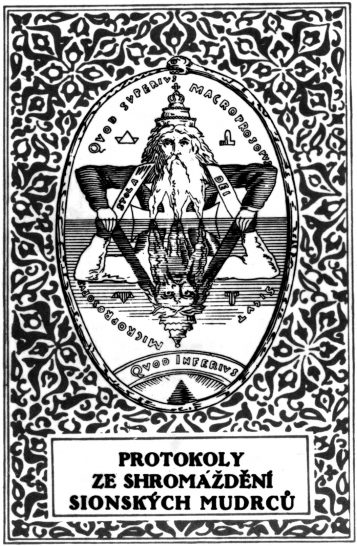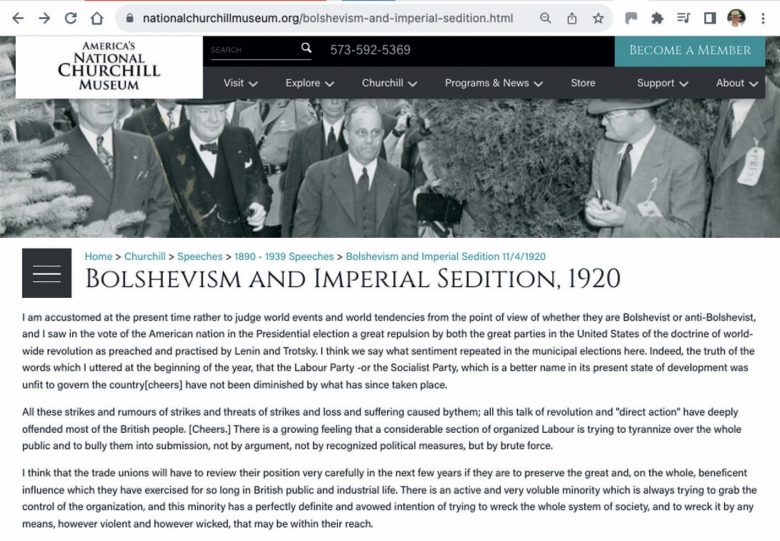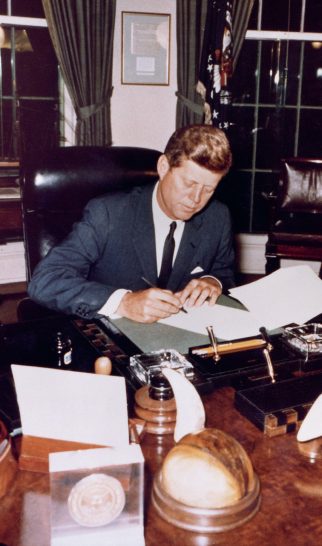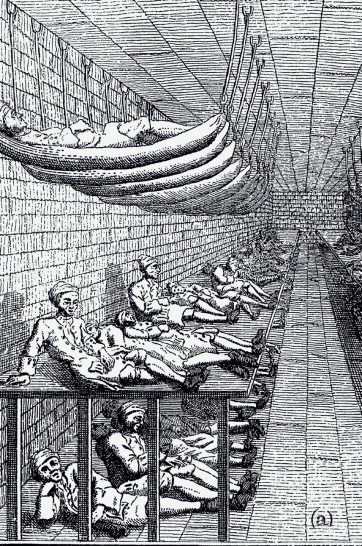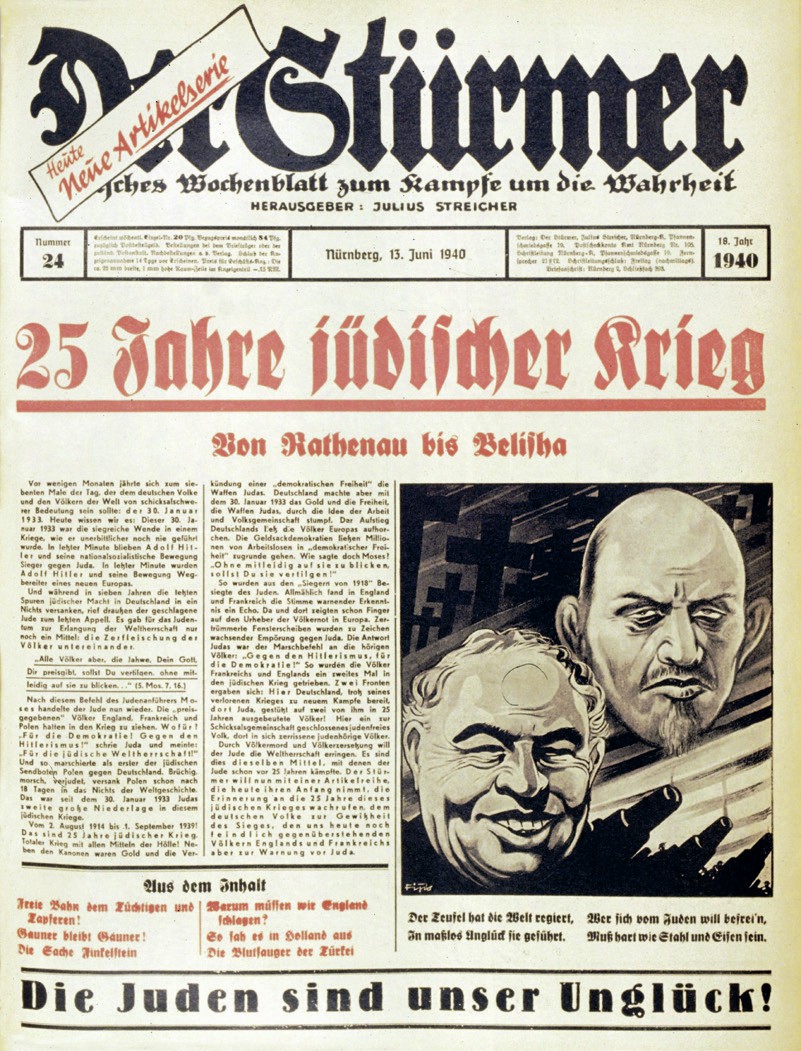
The assassination of Weimar Germany’s foreign minster Walter Rathenau in 1922 was continued confirmation that postwar politics in Germany was going to be violent. Walter Rathenau was a prominent German industrialist. Before the war he had built the AEG electronics and engineering conglomerate into one of the most powerful businesses in Germany. In the war he had been one of the key figures organising the nation’s supply chain during the Allied blockade.
After the war Rathenau had been one of the founders of the German Democratic Party (the DDR) and was seen as a moderate liberal, yet also clearly a German patriot. As foreign secretary he was working for a peaceful revision of the Versailles Treaty. This and the fact that he was Jewish made him a target for right-wing nationalists. He was assassinated on 24 June 1922 by a trio of killers who were members of Organisation Consul, an ultra-right-wing terrorist organisation.
Your organisation does not have access to this article.
Sign up today to give your students the edge they need to achieve their best grades with subject expertise
Subscribe

